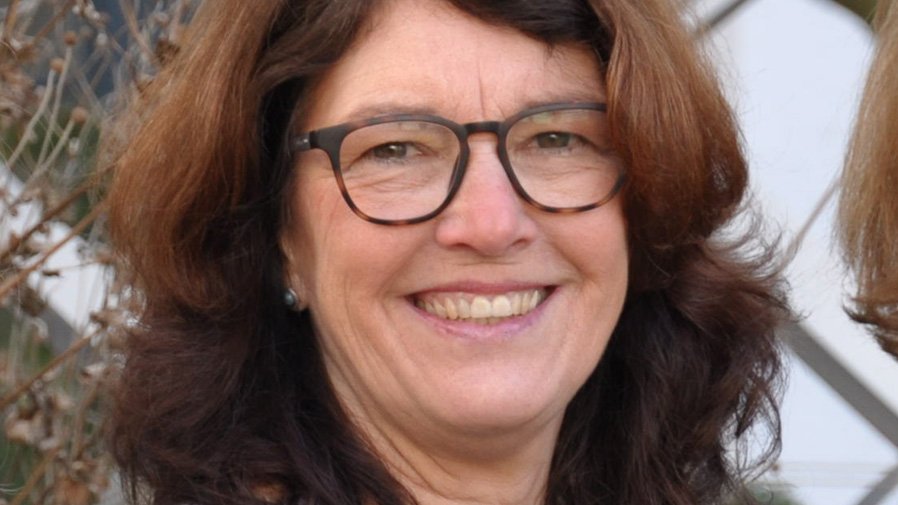TUM4Mind for mental health
Getting topics out of the taboo zone

Mrs. Orre, you and your colleague Kirsten Bannert organized the "TUM4Mind" Awareness Week in November. Almost 2,000 students took part. Is the demand particularly high at the moment?
Marein Orre: Yes, because of the Corona pandemic, there is clearly a particularly high demand at the moment. But I also see a general willingness among the students to address the topic of mental health more openly. In my coaching sessions, I noticed that there is a growing willingness to talk about things like burnout and depression. There is an increasing openness towards topics that have long been "taboo."
What was the action week about – and what was the response like?
We had offers based on three main topics. The offers focusing on relaxation techniques for body & mind were especially popular. The possibility of doing yoga, autogenic training, or progressive muscle relaxation at home was very well received. One participant wrote us that, in her opinion, online courses are even better than "live" courses, because she can relax much better at home. Further, since there were no limitations regarding space, more participants were able to take part in the online format than in a face-to-face event.
In addition, there were topics focusing on personal development & self-management, and on dealing with mental stress.
The lecture formats also allowed for contact – visual contact in this case – as quite a few participants had turned on their cameras. There were breakout rooms where small groups met for short conversations, for example to share their views on how to deal with home studying. Further, we had a contribution from the Evangelische Hochschulgemeinde on the topic of "Gratitude", focusing on ways to become aware of what you can actually be grateful for every day – and how to use this as a resource in the current situation.
And what is the best way to go about home studying?
For example, I recommend to establish rituals, to always get up at the same time, and to set daily routines. It's also important to take clear breaks and to stay in close contact with friends and family, even if it's only digital.
What were the highlights of the program for you?
I liked the variety: relaxation techniques, expert discussions with medical doctors, and Mrs. Bannert's fireside chat with a psychotherapist in private practice, asking questions about psychotherapyThe digital campfire on the topic of storytelling was very inspiring: the technique of telling your own story and reinterpreting it. You can learn to interpret supposedly negative experiences differently and use them as a resource, according to the motto "Obstacle or opportunity? Change your perspective." During the session, a graphic artist summarized the many thoughts of the participants in a "Digital Bonfire".